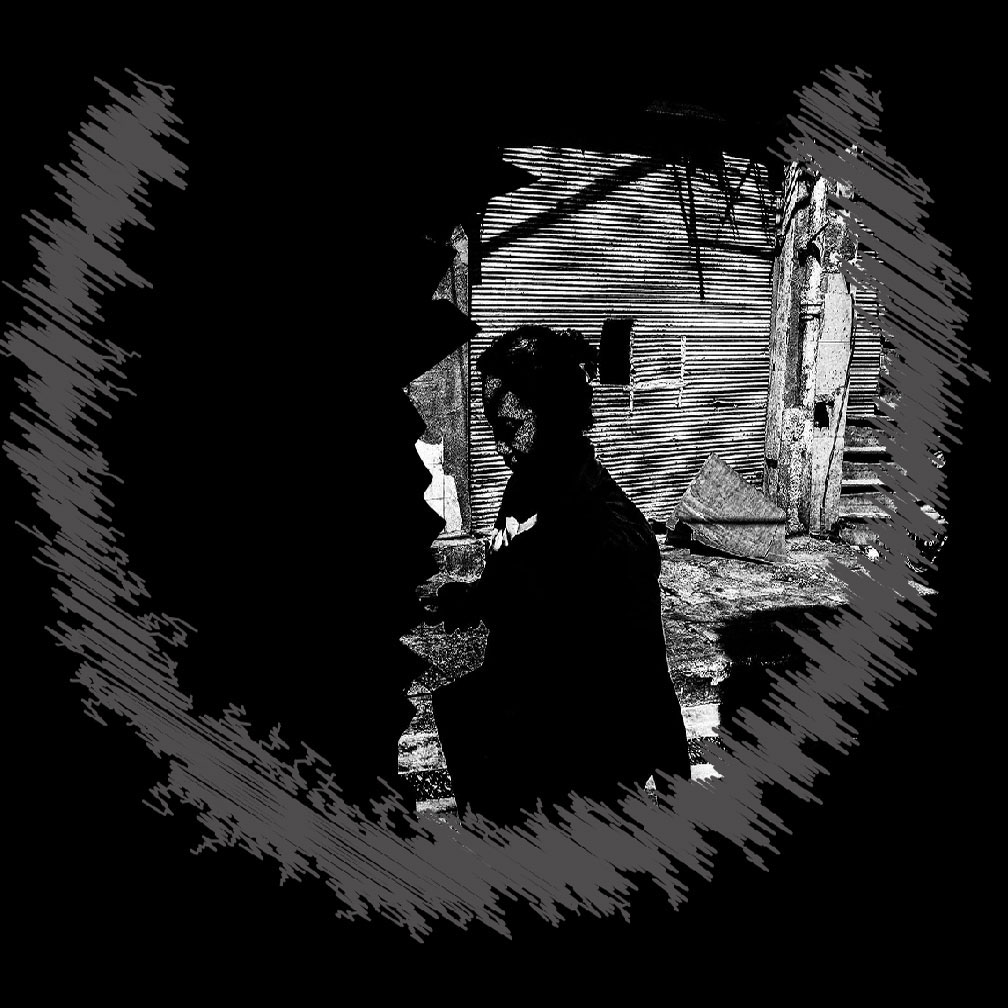
Social reproduction
in the shadows
Making lives with ‘no recourse to public funds’
Shadows is a research project that advances understandings of the ways destitute migrant families and unaccompanied young people with insecure migration status make and sustain their lives in the absence of mainstream welfare support in England. Shadows explores these issues through longitudinal ethnographic fieldwork, decolonial policy analysis, and creative co-production with children, young people, and parents with ‘no recourse to public funds’ (NRPF).

The changing face of NRPF
In this blog, we consider the changing groups of people affected by NRPF and show how new legislation is rapidly altering the policy landscape.
A conversation on ‘welfare bordering’: From Mexico to the UK
In this blog, Valentina Glockner, one of the Shadows project advisors, and Rachel Rosen, Shadows co-lead, discuss the concept of ‘welfare bordering’ across contexts.
Why are we doing ethnography?
In our previous blog post, we explained that we would be taking a decolonial view in our long-term ethnographic research with families and unaccompanied young people with no recourse to public funds (NRPF), to help us better understand and explain the purposes, persistence and expansion of NRPF.
Previous Posts

The changing face of NRPF
In this blog, we consider the changing groups of people affected by NRPF and show how new legislation is rapidly altering the policy landscape.

A conversation on ‘welfare bordering’: From Mexico to the UK
In this blog, Valentina Glockner, one of the Shadows project advisors, and Rachel Rosen, Shadows co-lead, discuss the concept of ‘welfare bordering’ across contexts.

Why are we doing ethnography?
In our previous blog post, we explained that we would be taking a decolonial view in our long-term ethnographic research with families and unaccompanied young people with no recourse to public funds (NRPF), to help us better understand and explain the purposes, persistence and expansion of NRPF.
Previous Posts




